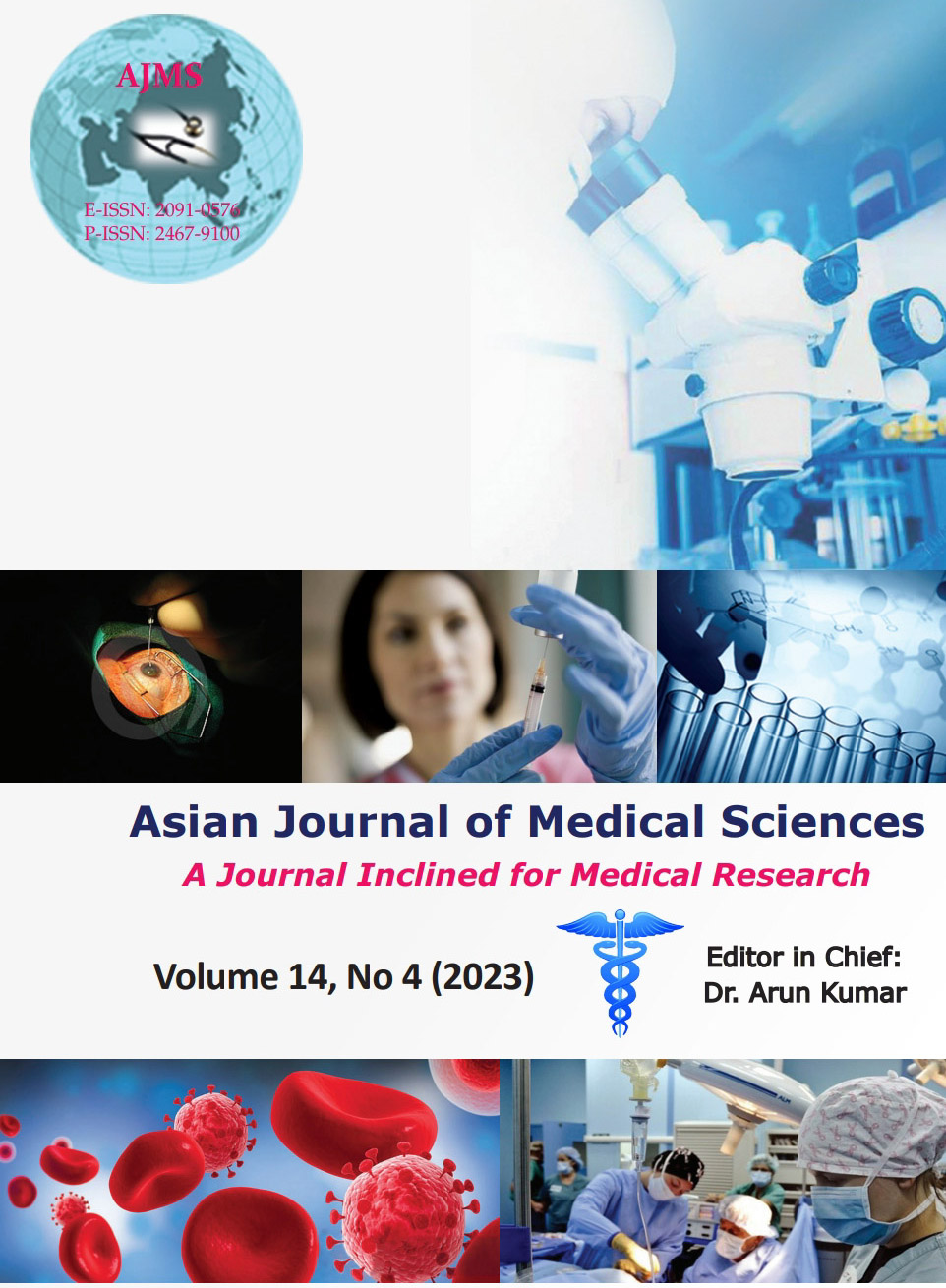Exploring Healthcare Seeking Behavior Among Patients with Ischemic Heart Disease and Stroke; A Cross-Sectional Study in a Tertiary Care Centre in South India
Keywords:
Ischemic heart disease; Stroke; Health belief model; KnowledgeAbstract
Background: Ischemic heart disease (IHD) and stroke represent the leading cause of mortality globally. Delays in seeking medical attention that result in diagnostic and treatment delays are significant roadblocks in achieving the best possible treatment outcomes for IHD and stroke.
Aims and Objectives: This study aims to assess the pattern of healthcare seeking behavior among patients of IHD and stroke in a tertiary care hospital at Salem District in Tamil Nadu, South India.
Materials and Methods: This cross-sectional study was conducted among 250 patients of IHD and stroke. A validated and structured questionnaire was used to collect information on socio-demographic details, knowledge, and health-care seeking behavior with regard to IHD and stroke based on the Health Belief Model.
Results: The mean age of study participants was 60 years with a male preponderance (56%). About 75% of IHD patients and 61.9% of stroke patients had no formal education. The prevalence of hypertension (74%) was higher than diabetes mellitus (45.6%) among the study subjects. The seriousness of the initial symptoms of IHD and stroke was perceived only by 7.75% of IHD patients and 2.23% of stroke patients. Alarmingly, 39.66% of IHD patients and 61.2% of stroke patients were not aware of any risk factors for IHD and Stroke. Only 21.56% of IHD patients and 14.17% of stroke patients sought immediate medical assistance whereas the others ignored the symptoms or did not undergo treatment even after knowing the symptoms of the disease.
Conclusion: This study depicted suboptimal healthcare seeking behavior and significant lack of knowledge about risk factors, initial symptoms, preventive measures, and reasons for pre hospital delay related to IHD and stroke. The study yields valuable references to incorporate the pattern of health-care seeking response of the community along with their sociocultural and economic factors in designing and implementation of any health program.
Downloads
Downloads
Published
How to Cite
Issue
Section
License
Copyright (c) 2023 Asian Journal of Medical Sciences

This work is licensed under a Creative Commons Attribution-NonCommercial 4.0 International License.
Authors who publish with this journal agree to the following terms:
- The journal holds copyright and publishes the work under a Creative Commons CC-BY-NC license that permits use, distribution and reprduction in any medium, provided the original work is properly cited and is not used for commercial purposes. The journal should be recognised as the original publisher of this work.
- Authors are able to enter into separate, additional contractual arrangements for the non-exclusive distribution of the journal's published version of the work (e.g., post it to an institutional repository or publish it in a book), with an acknowledgement of its initial publication in this journal.
- Authors are permitted and encouraged to post their work online (e.g., in institutional repositories or on their website) prior to and during the submission process, as it can lead to productive exchanges, as well as earlier and greater citation of published work (See The Effect of Open Access).




